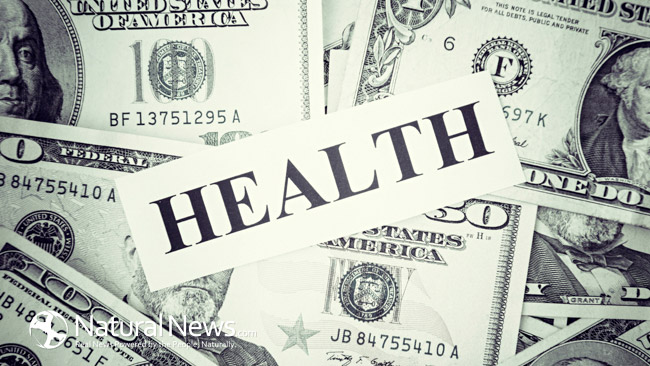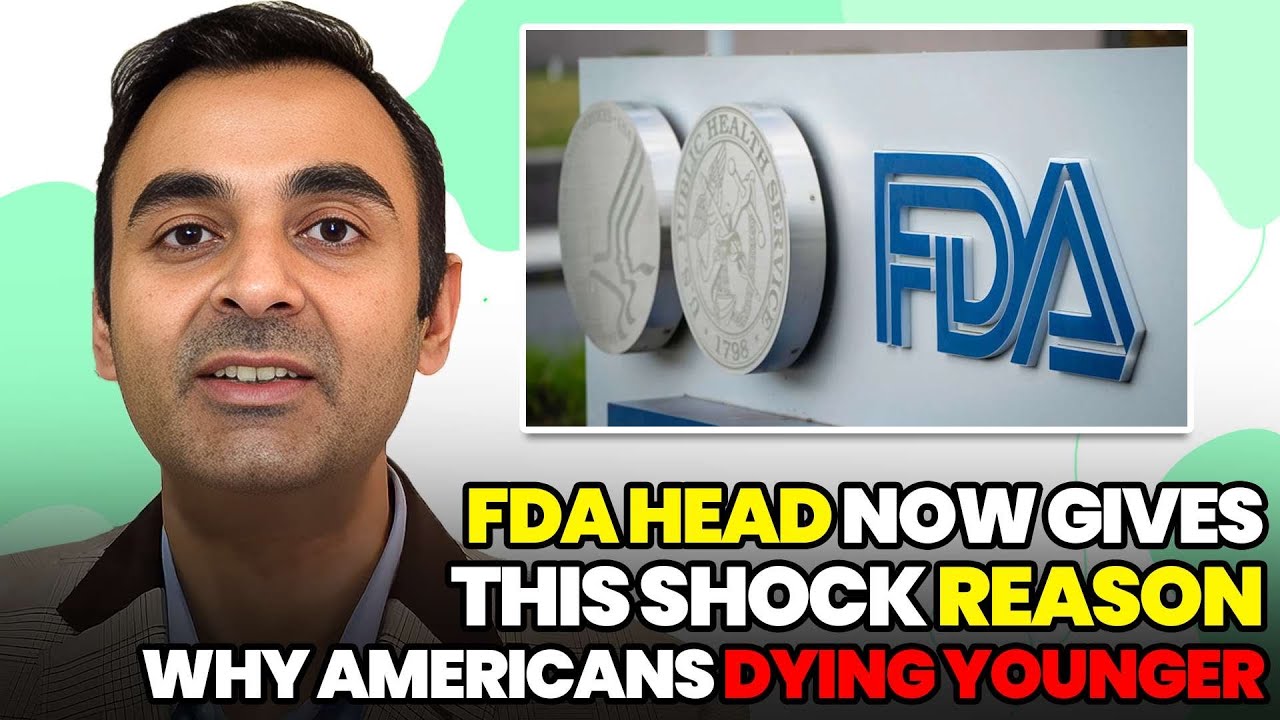Before getting into this there is a definite given that must
be understood.
When an idealistic and caring individual embarks upon
his/her medical training and enters medical school he/she is totally unaware of
the fact that the curriculum they will study has been funded by Big Pharma. So,
from the get-go they will be continually indoctrinated with the “take-a-pill”
and the “cut-it-out” dogma.
While in medical school, and to show that the school is “all
encompassing”, they will offer, at max, two hours of nutritional education.
If you multiply a medical school education by four years of
study and a minimum of two years of residency, it should come as no surprise
that a physician knows squat about alternative, nutritional therapies.
Ultimately, the aim of healing is to remove the cause of
disease and not merely treat a symptom with drugs or surgery because only when
the actual causes of disease are removed can real health be achieved.
We know that many health problems can be cured with natural
therapy and in articles to follow; many symptoms will be addressed with natural
solutions.
That being said, there still will be times when the use of
drugs or surgery may be necessary, even lifesaving.
If an arm or a leg is fractured you need it placed in a cast,
not a comfrey poultice, and it might even have to be surgically pinned.
Say your kid wets the bed due to congenital problem; he or
she would probably need reconstructive surgery and not grape abdominal packs.
So surgery, in its proper place, is probably one of the most
admirable of medical achievements.
But, in many cases, the uses of drugs and surgery, both
necessary and unnecessary, are the results of ignoring early signs and symptoms
of disease.
Even tonsils that are greatly enlarged and severely scarred
may cause enough stress to warrant removal, but may never reach that state if
the early symptoms are addressed and treated properly.
Appendicitis, which is an acute surgical emergency by
anyone’s standards, may never develop if the diet or the early digestive
malfunctions are attended to promptly.
So, many surgical procedures are necessary only because the
individual has not listened to the disease’s voice- mail until it is too late.
In my opinion, drug therapy, as well, is also mostly
preventable. People with high blood pressure or high cholesterol or type-2
diabetes, for openers, could be cured without drugs.
Yet, the very life of some people may totally depend upon
drugs.
Getting back to surgery, the usual cause of this dependency
were years and years of ignoring or improperly treating the first signs of the
aforementioned maladies that caused the blood pressure or cholesterol to rise.
In the case of type-2 diabetes, this is a fat disease. Eliminate fat and type-2
diabetes usually reverses within three weeks.
With many chronic diseases the improper treatment of acute
disease acts as the major factor in their development to the point where drugs
are required to keep a symptom in check.
Antibiotics however, fall into a separate and unique class
of drugs, as they are a double-edged sword.
They are essential in some stages of infection and at the
same time detrimental in terms of human ecology.
Nearly any infection anywhere in the body can develop to the
point that the use of antibiotics is a wise course of action.
This, however, usually occurs if the earliest signs of
infection are ignored, or if a person’s vital energy and immunological
resistance are so depressed by poor diet or other factors that the body is no
longer capable of self-cure rapidly enough.
The times when antibiotics come into play must be carefully
and seriously considered.
If you reserve antibiotics for those few times in your life
when an infection is life threatening, or presents a serious threat to an organ
system, their use is clearly justified.
But now, these drugs are used for nearly every bacterial
infection that arises and even for viral infections over which they have
absolutely no effect.
What this does is to reduce the future effectiveness of the
antibiotic when it really might be needed, which then leads to and favors the
development of antibiotic-resistant bacteria. Hello MRSA drugs!
Another bummer about antibiotic overuse is that the most
common aftereffect of the use of antibiotics is a bacterial or fungal
infection.
Antibiotics, nonspecific to a large degree within the body,
are developed to have a specific effect on specific bacteria. In doing so, they
can also destroy most of the beneficial bacteria within the body that either
have a physiological support function, like those that produce vitamin B-12 in
the intestinal tract, or provide a protective service against invasion by more
dangerous bacteria or fungus.
Therefore, the decision to use surgery, drugs, or antibiotics
must be made as the very last resort, or if no other alternative exists. When
coming to that point there are no general comprehensive guidelines to follow.
Each case must be considered individually by a practitioner
fully aware and proficient in natural alternatives as well as more orthodox
methods.
The major problem with the drug and surgical approach to
disease is that it generally deals with the end of the disease spectrum and
concentrates on localized manifestations only.
Bear in mind that most processes have their origin long
before drugs and surgery are required. But what we do is to push the body
toward catastrophe by ignoring or suppressing acute disease beginning in early
childhood.
If the language of disease had been heard and treated
properly at these times there would very little need for drugs or surgery in
our lives.
It is NEVER too late to become healthy. It all starts with
the first bite.
Aloha!
Sources:
The post Believe it or not, sometimes drugs and surgery are necessary appeared first on NaturalNewsBlogs.



